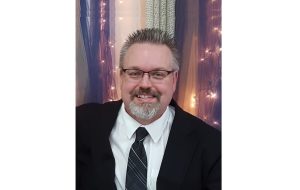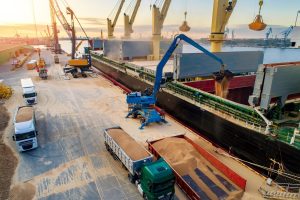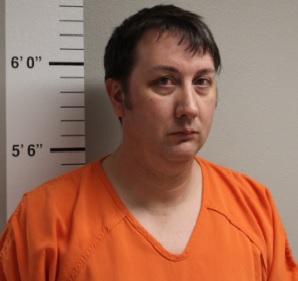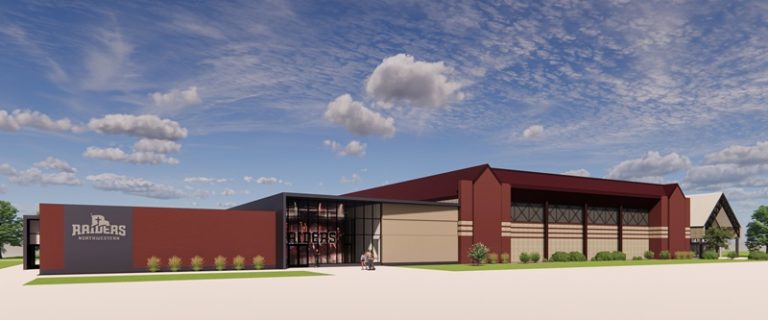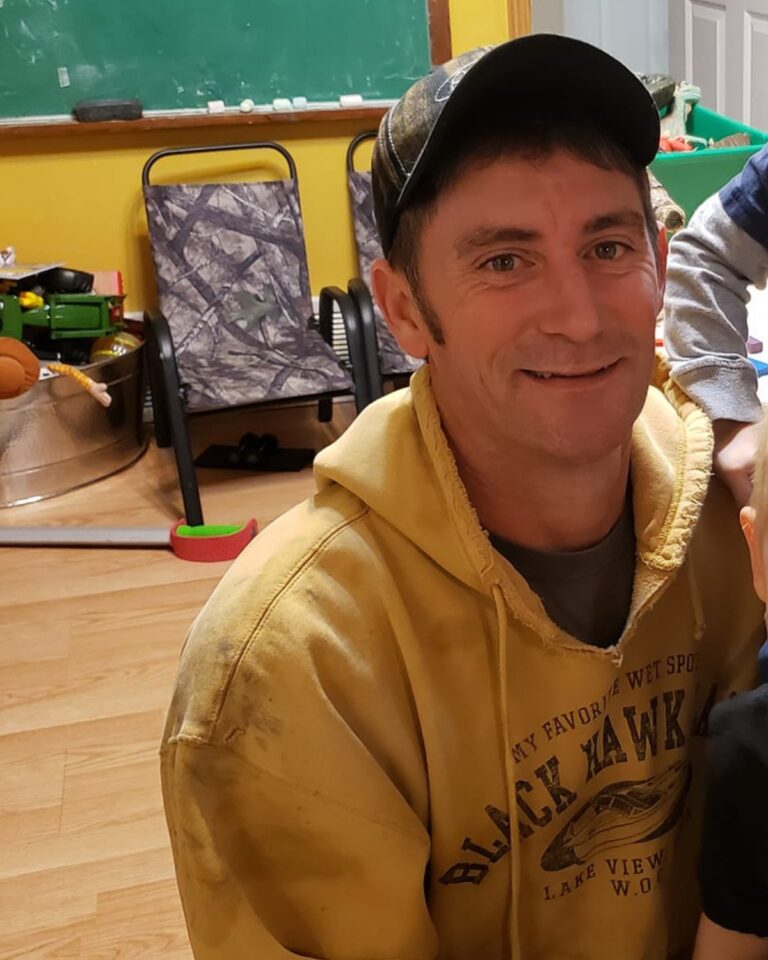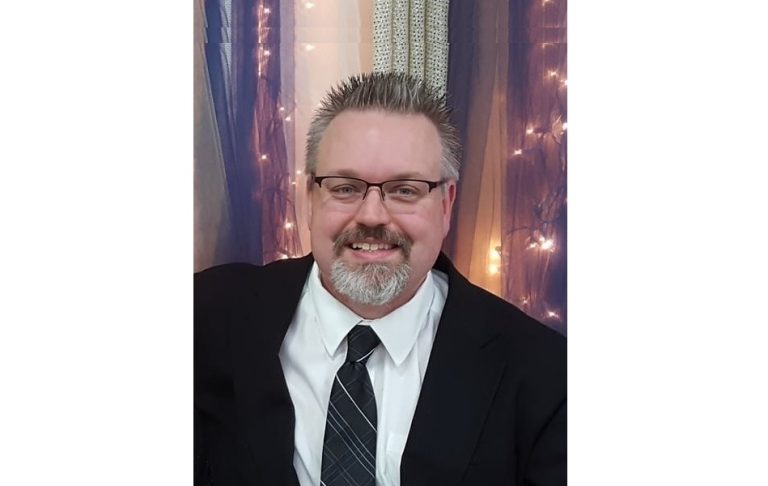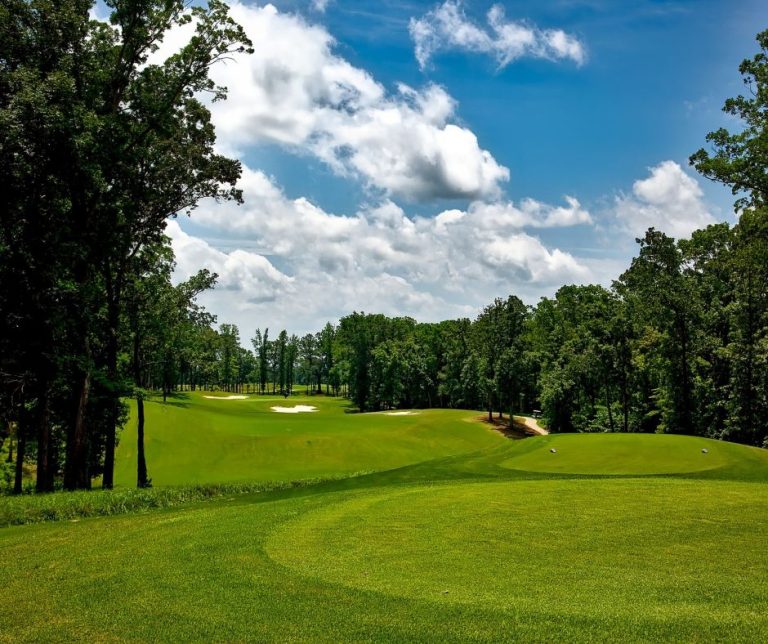Northwest Iowa — The wet conditions in the state have caused issues with the handling of animal waste. DNR Environmental Specialist, Doyle McKeever, says they recently got an anonymous report of manure runoff reaching Storm Lake.
McKeever says they traced runoff to manure application on fields at Don Jackson’s Pike Farms cattle feedlot. He says Pike had been spreading manure for three days.
McKeever says Pike is going to stockpile the manure until the conditions are better for applying it to the land. Ice covering the lake prevented them from knowing if there were any dead fish. He says producers have had issues with finding the right time to apply manure without it getting into waterways.
McKeever says they are asking livestock producers to be aware of the conditions.
McKeever says the rain has filled up some holding lagoons and the large amount of snow has added to the issue of trying to find dry ground to apply manure.
The DNR also had to address high levels of water in two earthen manure storage basins located about 20 miles east of Council Bluffs. DNR staff observed diluted manure-laden water into two different unnamed streams from Cyclone Cattle owned by Russell Keast. The DNR required Keast to stop both discharges. The investigation is ongoing and no dead fish were found. McKeever says livestock producers should contact their local DNR field office if they have questions about manure spreading.
Meanwhile, Iowa State University Extension is also reminding farmers that they can help with drainage issues and designing facilities to handle the issue. Agriculture engineer Kris Kohl says farmers can use free ISU Geographic Information Systems (GIS) images to access the current and future drainage needs on their farm. He suggests that farmers lay out a long-term plan to improve the drainage and a plan to pay for it. He says you can use free websites to calculate the performance of plastic drainage tubing. He also encourages farmers to review current research and practices on drainage and water quality. According to Kohl, farmers also should consider new surface intakes that take less maintenance and solve side-hill seeps. For more information, you can call Kohl at 712-732-5056.

